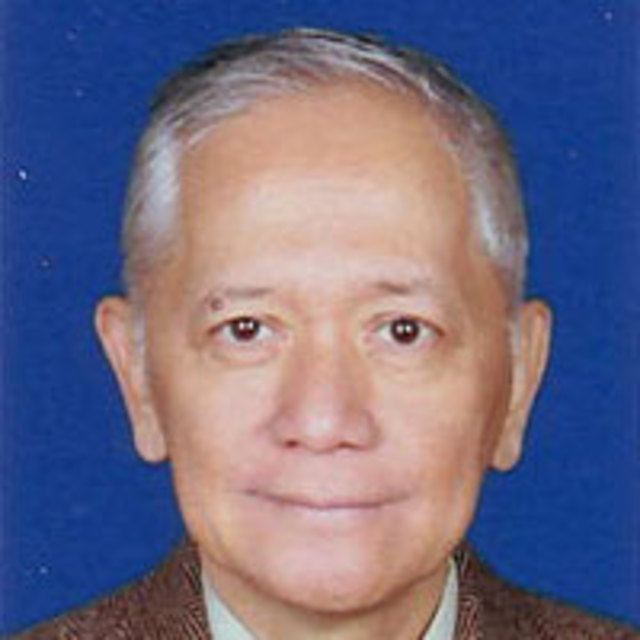

Pressure for quick action against Covid-19 should not prevent authorities from pausing to align strategies along the best practices discovered by frontline experts.
Cluster containment. Lockdown effectiveness increases with the isolation of infected individuals, not in their homes but in dedicated facilities where they can be treated without endangering kin and neighbors. In China, 75 to 80% of all transmissions took place within households. A harsh measure to separate the sick from their families, but stories of households losing 3 to 4 members paint a grim picture of the alternative.
Contact tracing. The identification of symptomatic Covid-19 cases up to their contacts’ contacts is crucial for quarantine, monitoring and, hopefully, cure. The Taiwan government had the structure to trace and transmit to the population the contacts and the places visited by tourists on the port call of a cruise ship. Singapore tapped military personnel to expand its contract tracing teams as needed.
Widespread testing. Patients under investigation or monitoring (PUIs/ PUMs) and their contacts, as well as medical frontliners, for whom infection is an occupational hazard, are obvious priorities. If we followed the testing rate of South Korea or Singapore, we would need to be conducting at this time at least 100,000 to 680,000 tests.
The 3 elements buy more bang for the buck when bundled together as an integrated response package and also allows for more targeted and productive lockdown. They were also more effective the earlier in the pandemic cycle it was implemented, as South Korea, Singapore, Taiwan and Germany did. (READ: Coronavirus lessons from Japan, South Korea, and Vietnam)
Like many other countries, we may have missed, for various reasons, such as not displeasing China, the early window for action; no reason for not implementing them now.
Controlling the contagion
It has been over two weeks since the activation of a Cabinet-level InterAgency Task Force on March 11. It is prudently developing plans to stabilize the economy, protect jobs, provide safety nets for self-employed gig workers, and support those at the bottom of the pyramid. But controlling the contagion is the urgent priority and calls for IATF attention to best practices.
Experts predict that we will get more coronavirus cases. PhilHealth reports 70,000 beds in the health system, but not supported by the equipment and staff needed against Covid-19. Already, the health system is under stress, with personal protective equipment lacking even for frontliners, and hospitals already turning down patients.
Who is responsible and what is the plan for implementing cluster containment? This may require acquiring, by purchase or lease, and building quarantine facilities. What progress has been made in ramping up the supply of PPE and the more expensive respirators and ventilators?
The WHO mantra has been testing, testing, testing.
Widespread testing will give us more reliable information on the scale and worst locations of the pandemic and more reliable models of its behavior. More systematic testing would permit the gradual loosening of quarantine restrictions. It would also bolster the confidence of the public, which wants it.
We hear assurances that symptomatic cases can get tested for free, but not the specific information on how people at risk can access these tests. Now that the President has emergency powers, we should no longer see the absurdity of critically needed supplies held up in Customs.
Judgment calls
Government has focused on the pandemic as a law-and-order problem, threatening enforcement agents with dire penalties for dereliction of duty. Judgment in the interpretation of rules ultimately becomes the burden of border guards trained to follow orders, unprepared and likely afraid to exercise discretion.
It is unsurprising that literal compliance with directives would serve as their default demand. A doctor is detained at a checkpoint, because his document does not identify him as “doctor.” Fortunately, the guard was persuaded to accept that “physician” also means “doctor.” Provincial mayors still complain that their cargo trucks are prevented from to their home base after making their NCR deliveries.
Two weeks after the freeze on public transport, coping mechanisms apparently still await implementation.
Frontliners without private cars still face problems getting to and from their stations. Clear and uniform rules need wide dissemination. The limit of one travel pass per household imposed by some barangays is a burdensome and short-sighted restriction, when many urban households typically consist only of nuclear, not extended families; it requires review.
It imposes the burden of external housekeeping on one person, expected to be able to drive, or walk distances loaded with provisions, empowered to sign checks and credit cards, and familiar with household management. The same person, who can better stay healthy with the assistance of a companion, may be the only one who can do hospital care with a sick family member.
The emphasis on enforcement suggests that government places little trust on its citizens or wants even more power over them. At a time when the public needs information, for instance, why should media, exempted by the President from lockdown, now have to get a permit from PCOO? It must be admitted that violations of lockdown protocol occur – although, apparently, many who violate social distance and quarantine norms with impunity, are high government officials.
If the outpouring of rage on social media against some officials is evidence, the government distrust for the public is being reciprocated in full. – Rappler.com
Edilberto C. de Jesus is professor emeritus at the Asian Institute of Management.